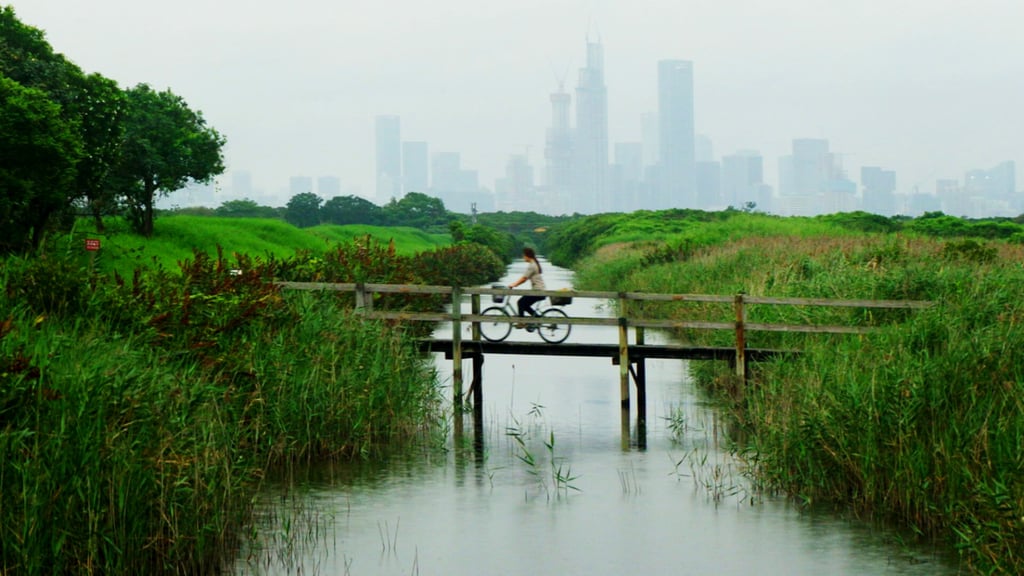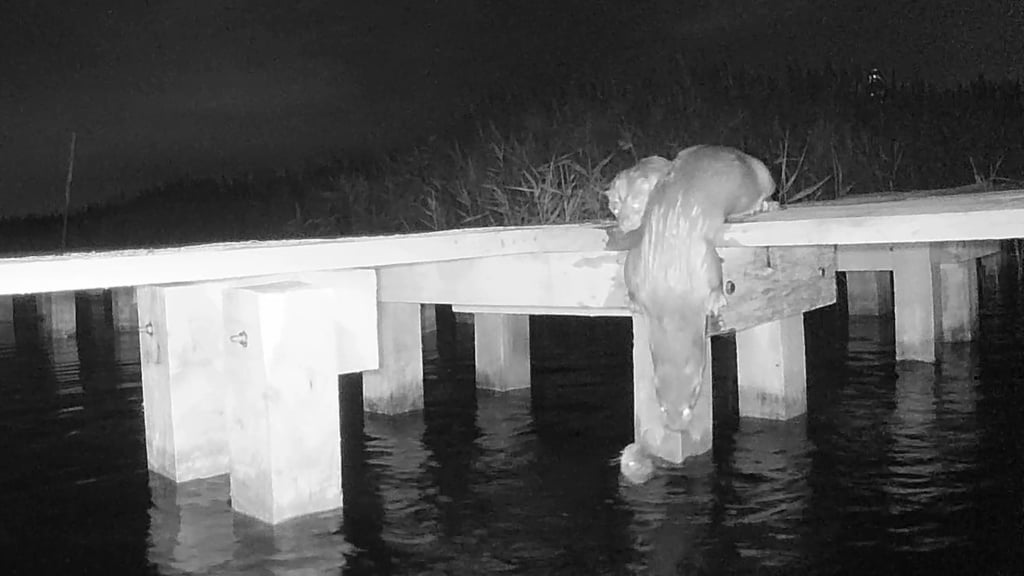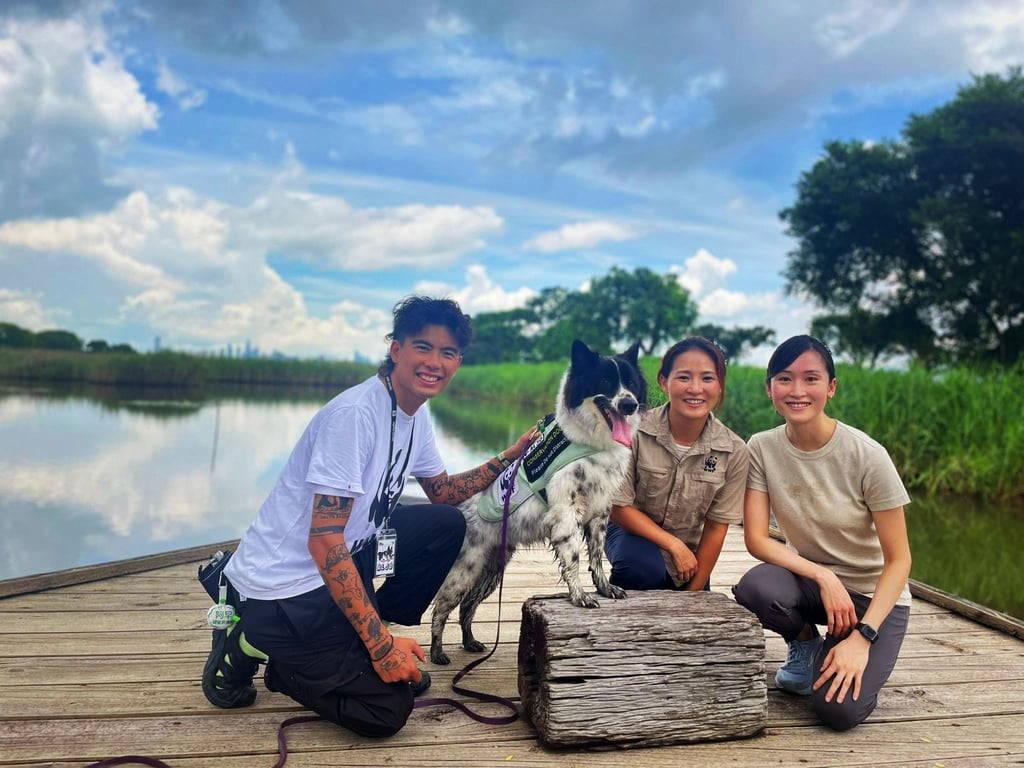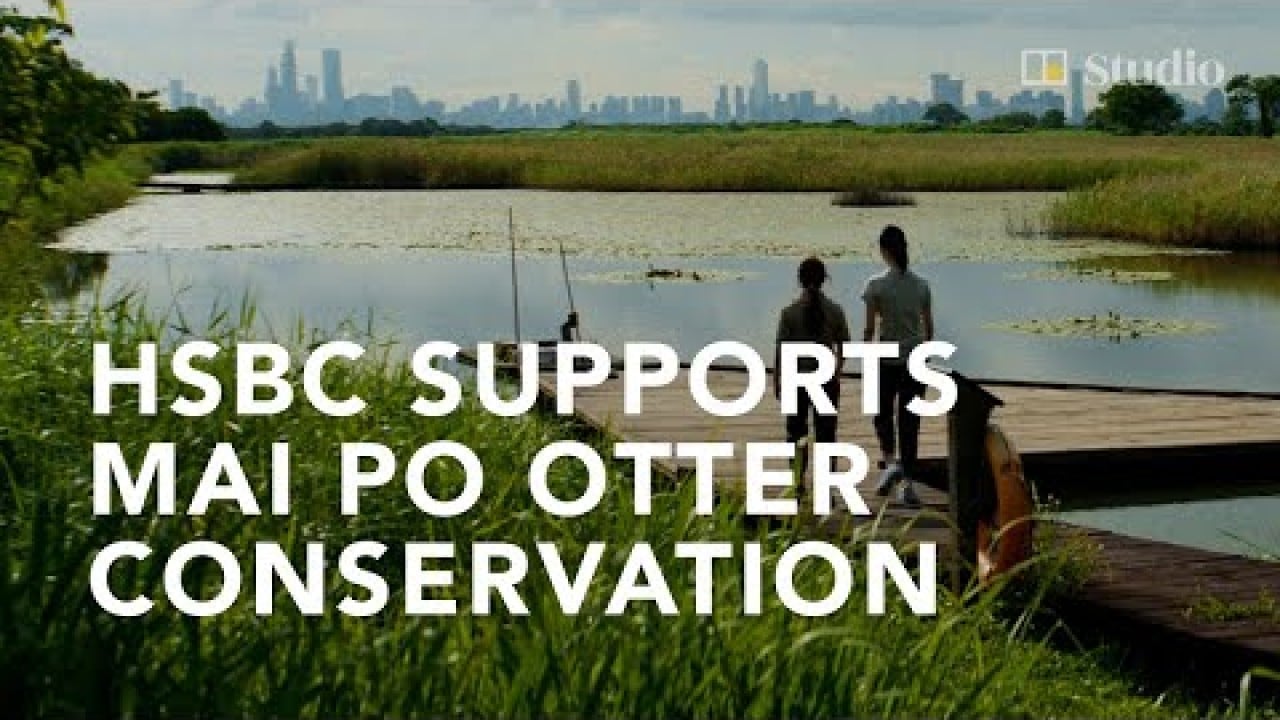Mai Po Nature Reserve, situated in Hong Kong’s northeastern corner – which is managed by WWF-Hong Kong, the city’s independent branch of the wildlife conservation organisation – is known for its internationally acclaimed marshlands and high diversity of wetland habitats.
The Hongkong Bank Foundation, established by HSBC in 1981 with the mission to help cultivate a sustainable future for the community, has built a strong partnership with WWF-Hong Kong since 1999. Over the past 25 years, the partnership has contributed to the conservation of Mai Po’s wetlands, supported biodiversity and brought communities together to effect positive change.
This 380-hectare (940-acre) protected site is popularly known as Hong Kong’s “Bird Paradise”; each winter about 60,000 migrating birds, including more than 400 different species, come to roost in Mai Po’s intertidal mudflats, gei wais (traditional shrimp ponds), mangroves and reed beds.
Yet few people may know that the spectacular wildlife haven is also home to other flora and fauna. They include more than 100 aquatic invertebrates, more than 50 dragonfly and damselfly species and over 30 species of mammals, including one of special conservation concern – the Eurasian otter.

These nocturnal otters spend much of their time in water, feeding mainly on fish. It is rare to see an otter, and even rarer for them to be studied around Hong Kong. The species has suffered from serious decline and has been close to local extinction since the 1960s. Research published in 2021 showed at least seven otters in Hong Kong, restricted to the wetlands of Mai Po and adjacent Deep Bay.
“They are top predators, so protecting them is important for the balance of the ecosystem,” Maggie Kwok, project manager of WWF-Hong Kong’s Wetland Incubator programme, says. Predators are critical for healthy ecosystems to keep the population of species they prey on under control.
With the goal of conserving the otters and educating the public about the mammals, WWF-Hong Kong’s team has been collaborating with experts from the city’s Kadoorie Farm and Botanic Garden on the project, with the support of funding from The Hongkong Bank Foundation.
Their work involves collecting the otters’ faeces for DNA analysis and setting up camera traps to capture footage of the animals’ activity. “By locating the areas where otters can be found, we will be able to develop specific strategies to protect them,” Kwok says.

To effectively track the otters, WWF-Hong Kong has also developed and tested out some innovative solutions. One involves training a conservation detection dog, named Aljo, coached by dog trainer Garay Wong. The dog’s mission is to help sniff out the otters’ faeces for collection.
As a leading international bank with roots in Hong Kong, HSBC is committed to collaborating with stakeholders, including non-governmental organisations, to combat climate change.
Bonnie Yip, HSBC’s senior corporate sustainability manager for Asia-Pacific, says: “The wider vision of the foundation is to bring different people together and think about the sustainable development of Hong Kong.”
The Wetland Incubator project supported by the foundation involves not only research into the otters, but also aims to encourage different stakeholders to incubate solutions that can secure the future of wetlands and the species that depend on them.
Since its launch in 2021, the three-year initiative has brought together conservationists, young people, scientists, academics and other stakeholders to form action teams and brainstorm solutions to protect wetlands.
Engaging the community is a crucial part of the programme. The otter conservation programme involved students at Hong Kong Polytechnic University’s School of Design, who helped produce a story book about the Eurasian otters. Public exhibitions, local arts and crafts markets and workshops were also held to raise public awareness.
Kwok says: “Without the support of The Hongkong Bank Foundation, we would not have been able to do many things we wanted to do. Their volunteers are also very active in the programme, helping us with work such as otter photo identification.”
Volunteers from HSBC helped identify otters in footage taken by the camera traps and have contributed more than 200 hours to the overall programme.

“We can’t do this alone,” Yip says. “We need WWF-Hong Kong and other organisations with the expertise and passion to work together across different partnerships on sustainability. The learnings that we have obtained from these partnerships can be shared with cities around us and amplified across the region. That’s one of our visions.”



